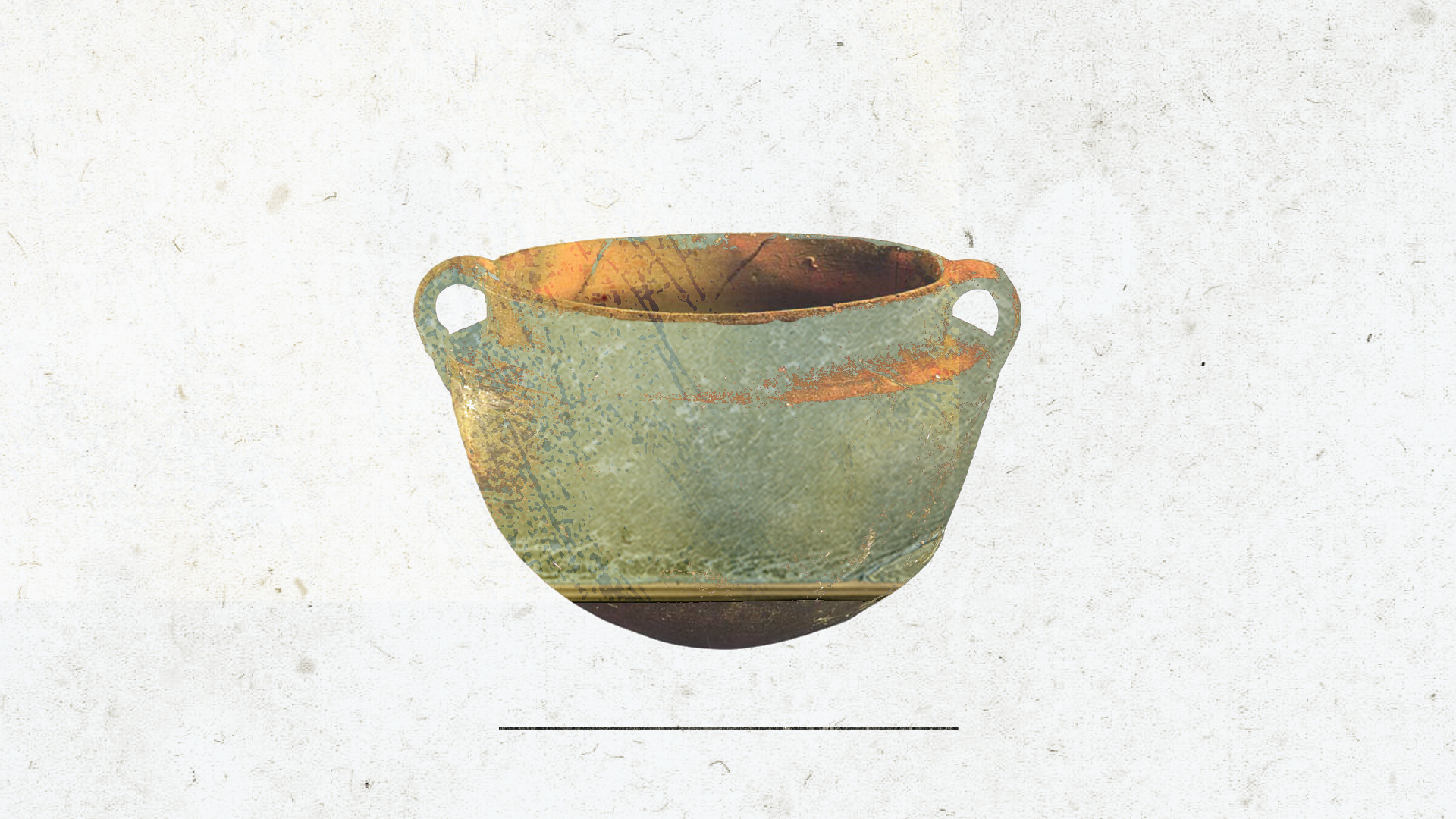Lot And Abram Separate (13:1-18)
Neal Pollard
If you grew up going to Sunday School, this may be one of the lessons you learned as a child. The kernel I remember is that Abram gave Lot the first choice of land and Lot chose the one that looked better; that would cost him, but God would richly bless Abram. As I recall, the takeaway for us preschoolers was not to be selfish and trust that God will take care of us. Not bad, sister Gober!
But, keeping with the context of the call of Abram, perhaps we can glean even more. Let us examine how they got to this point and what significance it has on the overall objective given to Abram.
First, we see Abram’s prosperity (1-4). As we saw, the Pharaoh unwittingly adds to his resources when he thought he was wooing a potential wife. But with all Abram brought and accumulated, it amounted to him being “very rich in livestock, in silver and in gold” (2). He has left Egypt and returned to Bethel, where he had formerly built an altar (3-4; 12:8).
Second, we see Abram’s piety (4b). Abram was an altar-builder (12:8; 13:4,18; 22:9). No doubt, he influenced his son, Isaac, who would also become an altar-builder (26:25). Abram repeatedly found it necessary, in arriving at some significant point, to call on the name of the Lord. While his faith is still developing, he understands the uniqueness and power of Jehovah. It drives him to his knees in worship.
Third, we see Abram’s problem (5-7). Sometimes, we refer to “good problems”–dilemmas that grow out of otherwise positive circumstances. That is what happens on this part of the journey (cf. 36:7). Lot and Abram both had so much flocks, herds, and tents that “the land could not sustain them while dwelling together” (6). There was strife between the men’s herdsmen (7), and perhaps it threatened the peace between them (8). Sometimes, growth and progress create problems that would not exist in periods of decline and difficulty.
Fourth, we see Abram’s proposal (8-13). Choosing unity over plenty, Abram proposes that they separate with all their goods and possessions so that each could sustain and provide for their own (8-9). For him, the overriding concern was, “we are brothers” (8). Abram tells Lot that whichever way he chose, he would then chose the other way (9). Lot looked down on the valley of the Jordan and saw well-watered plains “like the garden of the Lord” (10). Lot took all he had with him and went east to the land of Canaan in the cities of the valley (12). There is foreboding in Moses’ summation of Lot’s destination, first alluding to the coming destruction of Sodom and Gomorrah (10) and the little city of Zoar where Lot and his daughters will flee during that destruction (10). Second, there is the startling statement: “Now the men of Sodom were wicked exceedingly and sinners against the Lord” (13).
Finally, we see Abram’s prospects (14-18). The Lord appears to Abram and tells him to look in every direction. God promises to give all the land he could see to his descendants, offspring that would be as prevalent as the dust of the earth (16). He tells Abram to walk the land and survey it, with the promise, “I will give it to you” (17). Abram takes his household and belongings and camps in Hebron, where he promptly builds a place of worship (18).
God is blessing this man of faith, who, in turn, is remembering God and following the ways of God in his dealings with others. God rewards His proper prioritizing, and sees fit to use him in furthering His plans and intentions. God uses faithful, selfless people to accomplish His will. May we have a heart of wisdom which approaches life’s decisions, big and small, with the sole motivation of loving God wholeheartedly and loving our neighbors as ourselves. Out of this drive, we will be people God partners with to do great things to His glory!










